Answers

Oct 02, 2018 - 02:04 PM
Others really bad business decisions that come to mind (where no fraud was involved), in no particular order are:
- The AOL/Time warner merger. Destroyed billions of dollars of shareholder value and cost both CEOs their jobs and meaningful losses in personal fortunes.
- Yahoo declining the $44 Billion microsoft acquisition in 2008. A much diminished Yahoo was scooped up by AOL for $4.5 billion in 2017.
- Microsoft's Aquanitve acquisition for $6 billion. Much of it was written off over the next few years.
- The Motorola iridium project for satellite phones. Cost $5 Billion but was a total flop because of poor timing. They invested in a satellite phone network just around the time cell phone (cell tower technology) was becoming cheaper and widely available.
Oct 24, 2018 - 11:58 PM
Ignore Football at Your Own Peril
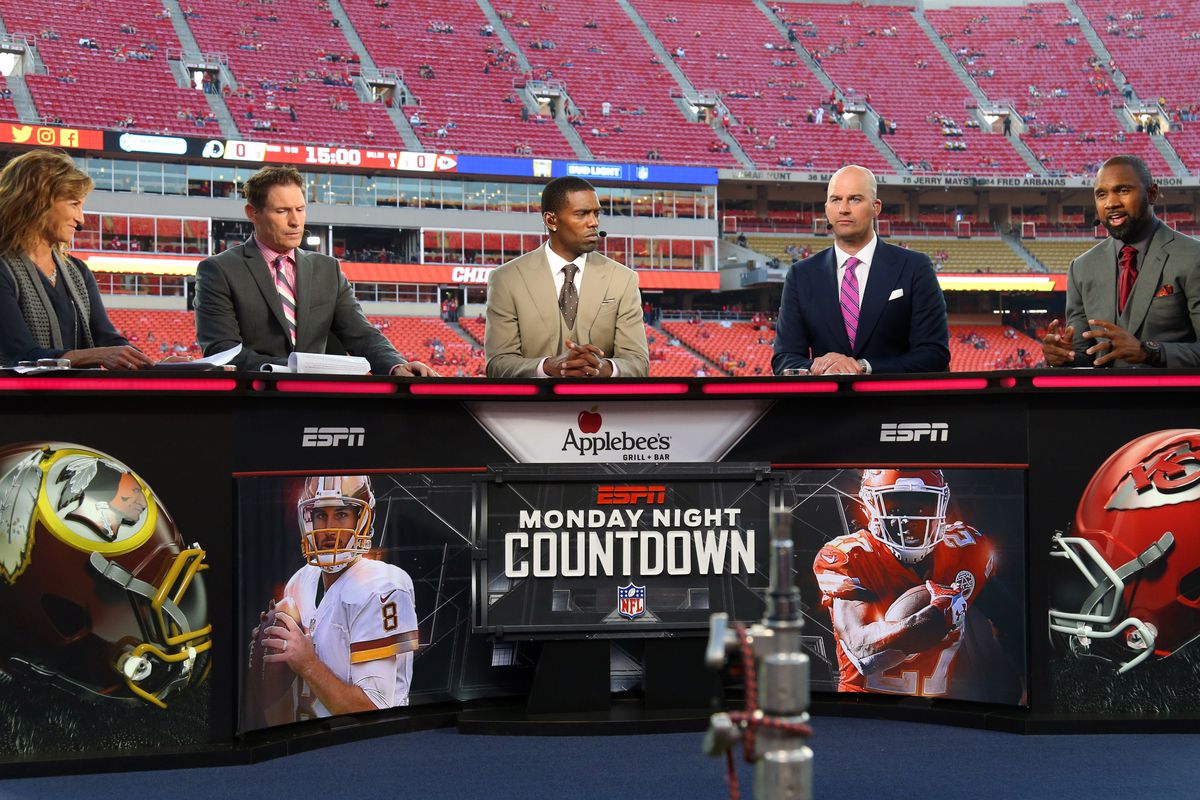
Flashback to the 1960s and America loved baseball just as they still do today. However, football was slowly starting to build momentum and trying to ascertain its position in our living rooms. It was fast becoming America’s passion.
A contract was put down and Pete Rozelle approached CBS and NBC in an attempt to strike a potentially business-changing deal. Rozelle was extremely positive about football as he could see the value in Monday Night Football.
Back then, the decision to reject Rozelle’s proposition was an easy one for both NBC and CBS. I mean, how could they put already popular shows like the Doris Day Show on their death beds for Monday Night Football?
Fast forward to modern times and Monday Night Football rose to become one of the highest rated, longest-running shows of all time. Monday Night Football is nowadays the gem in ESPN’s crown, for which it pays close to $2 billion annually for NFL rights.
By virtue of ESPN still managing to constantly churn out very high profits from its weekly show, it underlines the fact that CBS and NBC dropped the ball. What is seemingly a bitter pill for CBS to swallow is that it ended its darling of the 60’s – the Doris Day Show- in 1973.
Cosby Show? ABC Says No
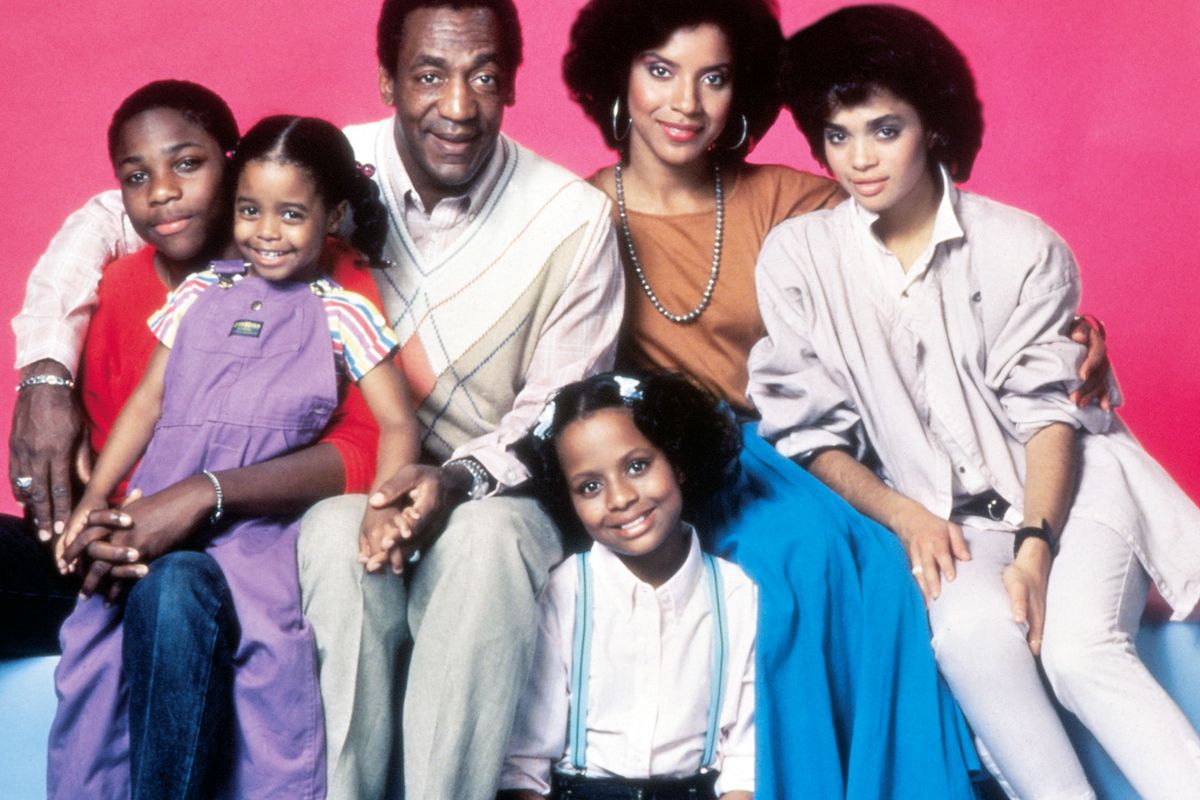
Let’s forget Bill Cosby’s sexual offences misfortunes for a minute and go back to the days when The Cosby Show was the thing. Despite taking up the offer that both NBC and CBS turned down by offering Monday Night Football on their airwaves, ABC could not get itself to the top of TV rankings, constantly stagnating in third place. This brought a dire need to bring something on board to rack up the ratings – and a chance they got.
Their much sought after opportunity came when The Cosby Show was pitched to them but they could not take it as their Entertainment Division President turned it down. Their claim then was that The Cosby Show lacked a pilot or a script that they could show. He even said that comedy on network television was dead on arrival.
This proved to be a very unfortunate decision and the television channel’s rankings continued to tank. An even more painful twist is that the show was an instant hit for the next five seasons and catapulted NBC to the top spot. The Cos’ went on to pull up to 30 million on prime time.
A NEW Coke?
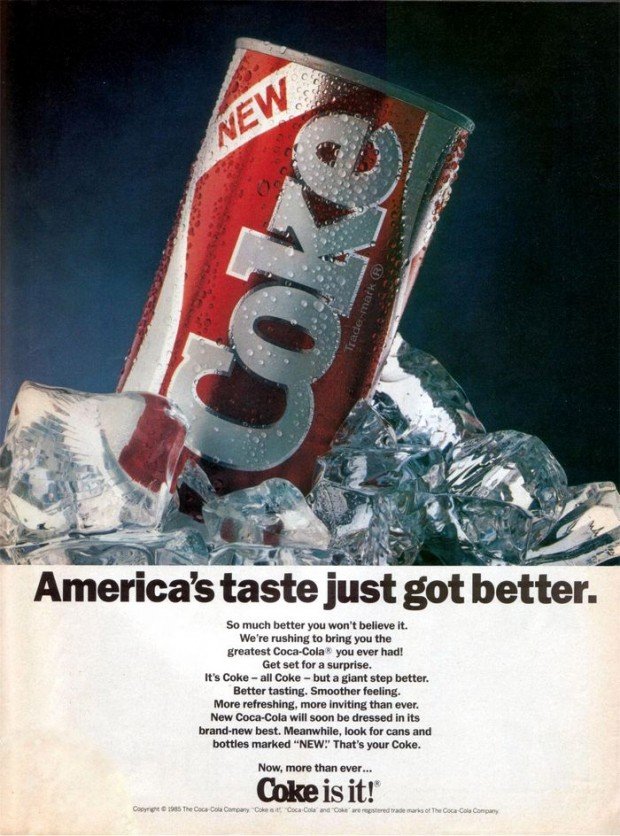
Coke’s taste is traditional, almost legendary and resides in our memory. You can almost taste it without even having a sip. It is quite a familiar taste. Most people have an almost emotional relationship with this brand and drink.
In 1985, Coke had a centennial anniversary and to mark this event, they came up with a “NEW Coke.” While most of the drink’s formulating technique remained the same, it is said that the test was inherently changed that there was a 20% drop in sales.
Since the cold beverage giant had already established itself as a global giant, the change was quite notable and perplexing to its loyal customers. This forced Coca Cola Company to return to its old formula that people identified with in realization of their mistake.
However, Coca Cola defiantly continued producing the new version for years before finally throwing the towel in 2002. Had they not reverted to our favorite flavor, we probably could all be drinking Pepsi today.
Chill without Netflix - Blockbuster
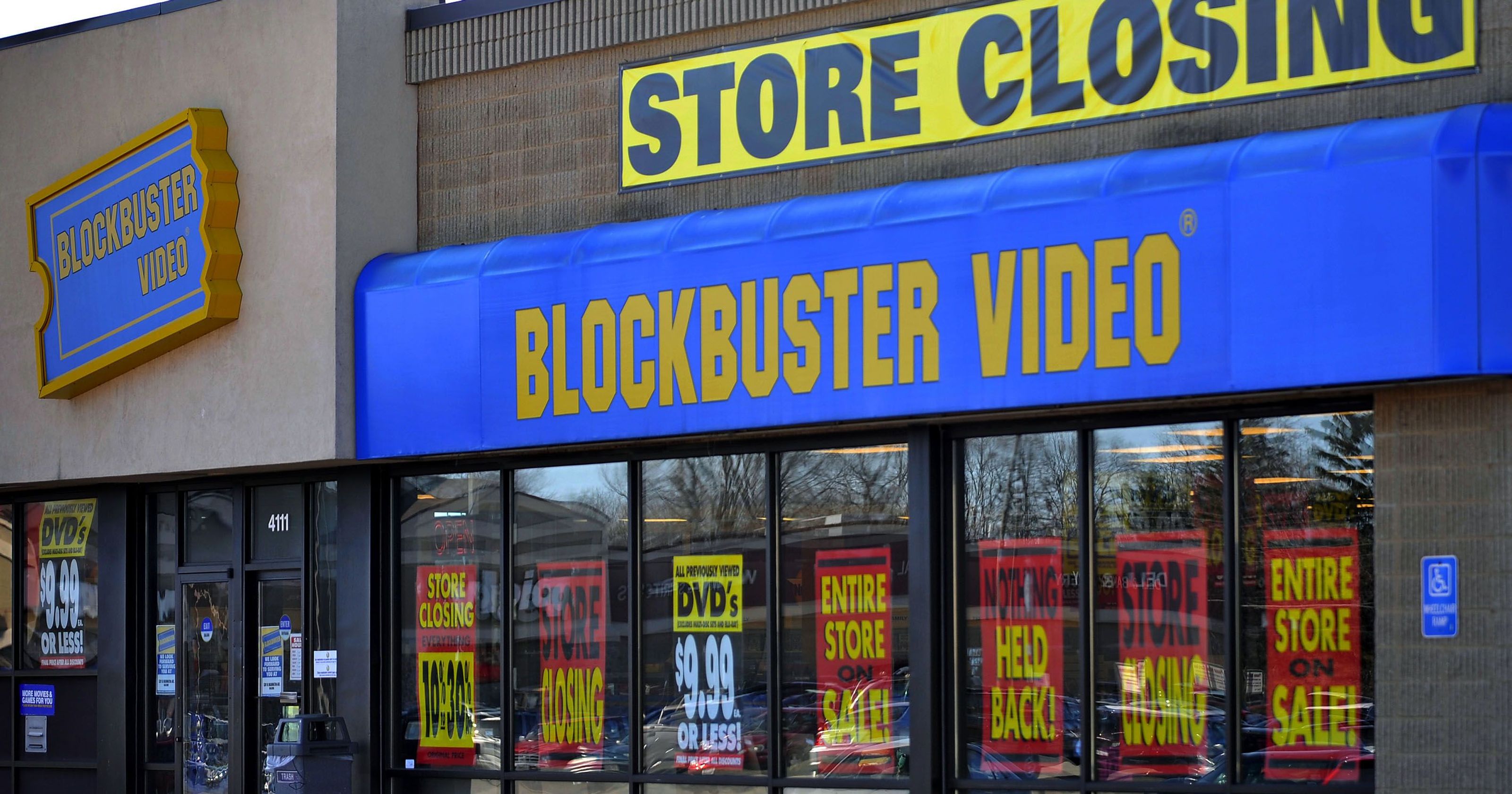
Netflix co-founder Reed Hastings walked through the doors of Blockbuster’s offices one day in the year 2000 with a big favor to ask and even a bigger favor to return. Hastings asked Blockbuster executives to publicize Netflix in their stores and he would reciprocate by helping Blockbuster sell their brand online.
At current market rates and adjusting for inflation, the deal could be equated to a tiny $50 million offer for Netflix. Just like all the other poor decision makers on this page, Blockbuster did not hesitate to decline the offer. Bad decision.
In less than a decade, while Netflix enjoyed their meteoric rise online, Blockbuster was busy in court corridors filing for Chapter 11 Bankruptcy Protection. The company was essentially out of business and closed operations in most countries. A running joke is that the colossal brand’s remaining operations are on the internet memes about life as it were in the 80s and 90s.
Let’s have a Kodak Moment of Silence
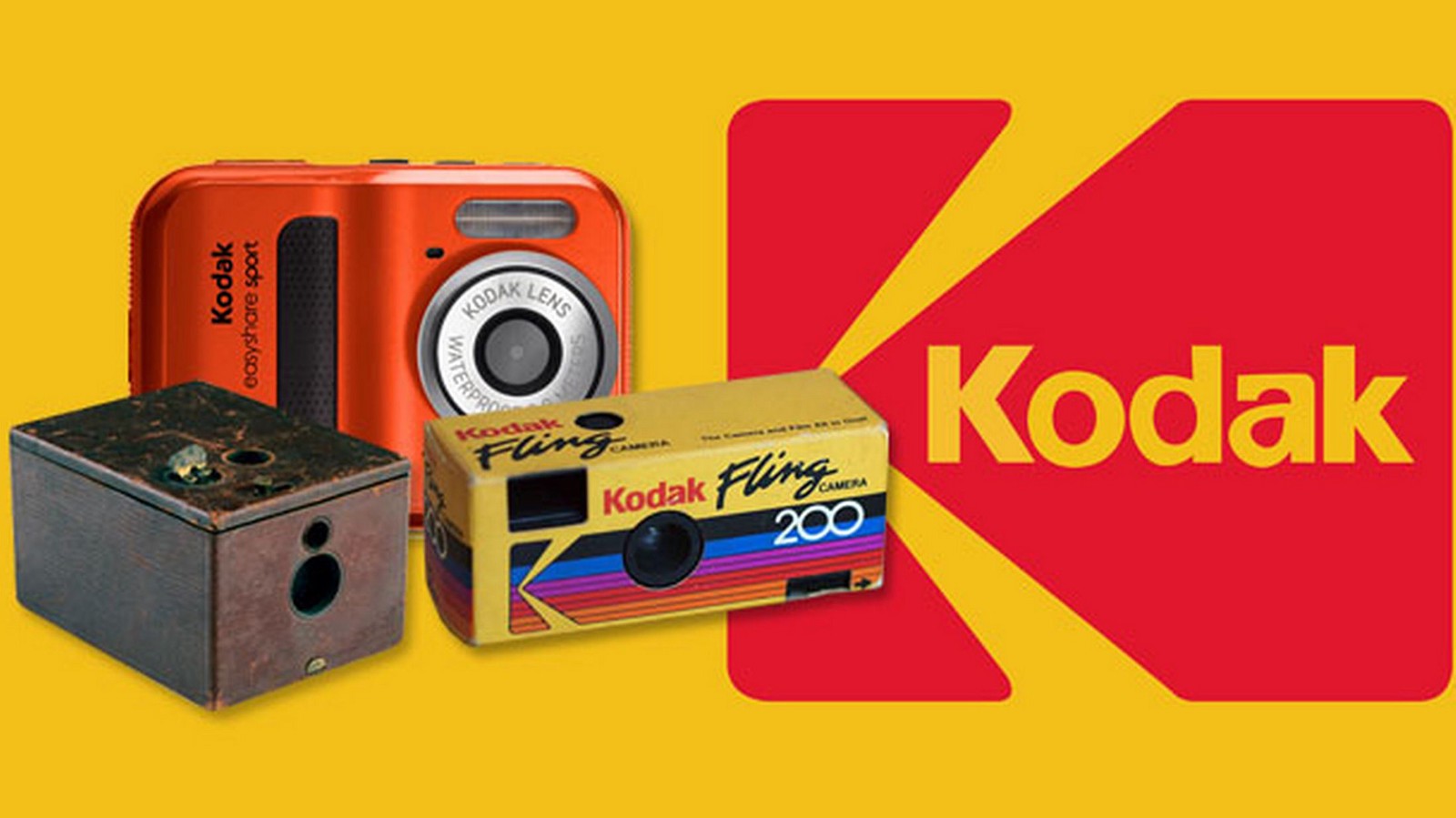
If you were born in this century, you just might have never spotted a Kodak camera. Well, had Kodak shown a little more sense of urgency, we probably could be taking our selfies on a Kodak device instead of our iPhone cameras.
Kodak is credited with being the first company to file a patent in 1975 for digital technology which by a large extent pioneered the current smartphone. Kodak instead decided to bask on their laureates and when they finally decided to pursue digital photography, it was far too late. They had lost too much ground to cover and eventually filed for bankruptcy in 2012.
While we are only left with pictures to remember them, had they pursued the technology that they patented, they possibly could be sitting atop the photography pyramid.
Nokia
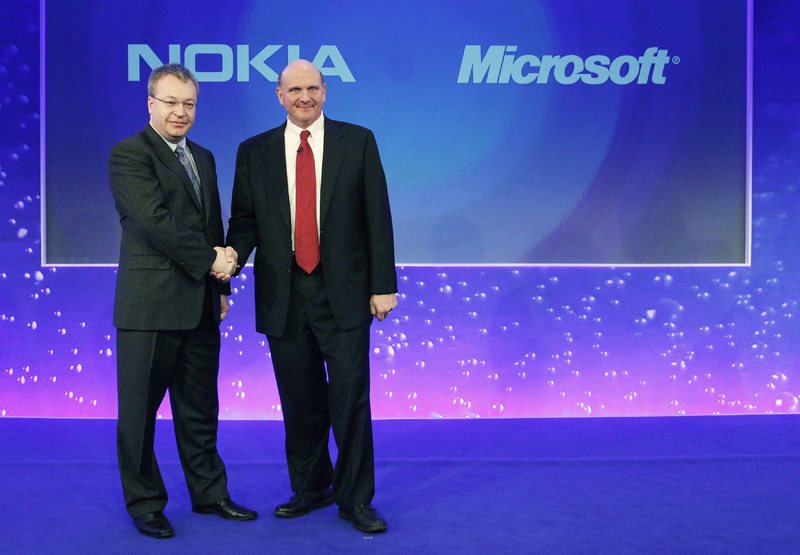
Had someone put a gun to my head to respond to this question in a particular order, Nokia would definitely have topped the list of the worst business decisions ever made.
They were at their peak as a cell-phone manufacturer and distributor – the stats said it all- but they made only one mistake and they were on their knees dying.
During Nokia’s glory days, Google’s Android system was coming out of infancy and indeed they approached Nokia about partnering in building the mobile phone of the future generation. In a seemingly easy yet more expensive decision, Nokia blatantly declined the offer.
I do not need to say much about this as it is clear where both Nokia and Google stand today. Nokia is currently re-inventing itself on Google’s Android platform. Karma, right?
Doomed Marriage: AOL-Time Warner Merger
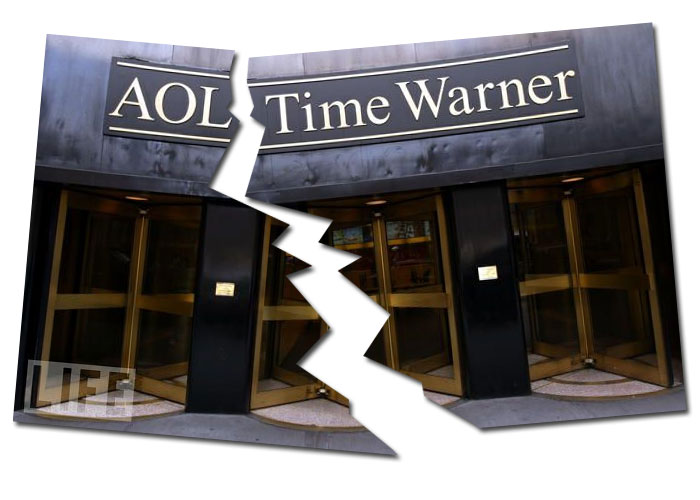
What happens when you only have a marriage of convenience? You guessed it. It is doomed from the onset. The merger between Time Warner and AOL back in 2001 ranks high up the list of the largest business fails in history. This single decision was so bad –and expensive!- it cost the two companies a combined $99 billion.
To be fair, their merger had some sort of value proposition. AOL had an online audience. On the other hand, Time Warner had a television audience. One plus one is two- and the two companies indeed calculated. Together they would create a larger double-edged customer reach.
Why then did this move not yield the anticipated result? While it would have been a brilliant idea, the companies failed to see that their organization was compatible resulting in poor management and massive failure.
Yahoo

Once upon a time, long before Google, Yahoo ruled the “Search-sphere” and during its peak it was worth a whooping $125 billion. Yahoo’s business mistake was cancer-like spreading too fast that the company could not even keep up.
Eventually, Yahoo sold to Verizon for a value less that 4% of its prime time level. By ignoring the emerging yet fast-growing Google, Yahoo spent millions pursuing strategies that would eventually never pan out. Poor planning and products with less convincing value propositions hit the last nail on Yahoo’s coffin.
What is your MySpace Id?
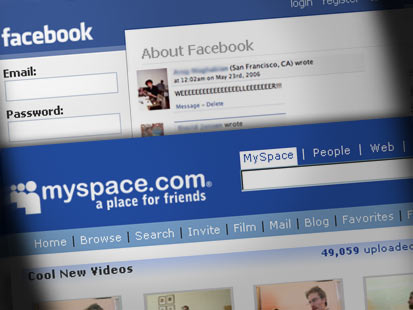
Social networking is a big thing right now and trust me MySpace was the biggest and the best thing before Facebook was thrown into the limelight.
Facebook started as a college thing at a time when MySpace ruled the social web. Where then did MySpace go wrong? Honestly for the guys at MySpace, I think they still do not have an idea where their misstep was.
Facebook evolved rather fast and in that span they offered what MySpace would never have done even in their wildest imagination. They created a way for businesses to target their audience via a social online interface and later an app.
MySpace’s big business mistake and undoing was that they were too comfortable to strive to revamp their user experience. Too late were they to the party that an app sluggishly rolled out a whole year after Facebook.
Conclusion
Every day businesses across the globe have to make decisions and they never know when a decision might turn against the company or if it will make it go platinum. Trust me there will be tons of similar examples of bad decisions that businesses made – some worse.








Add New Comment